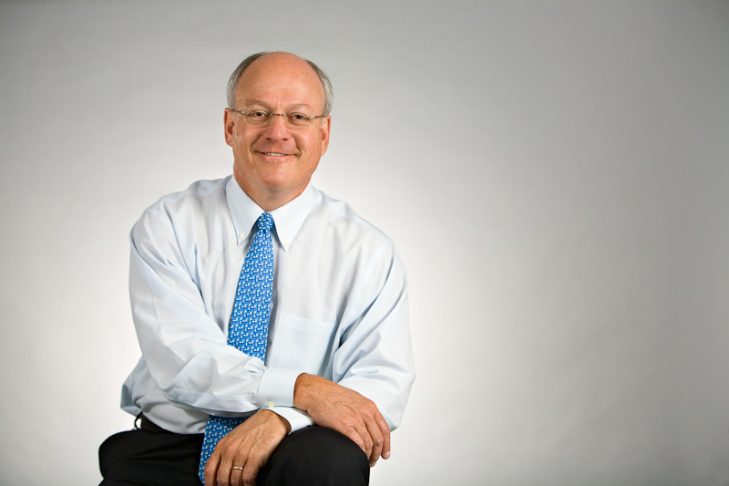It’s human nature to crave new experiences, new relationships, and new opportunities to engage in activities we care about. It’s natural to expect this with children, and with “grown-ups” through the early and middle stages of adulthood. But often, the desire to “try new things” is not expected from older adults, nor encouraged. Many times it’s even discouraged out of some fear that it may be too ambitious for some reason. I believe we all deserve to have opportunities to try new things, have new experiences, and explore new possibilities at every phase of life, particularly in our older years.
So if we agree that opportunities for new experiences are needed at every phase of our lives, then how does one choose how to live their best life in the best place? What are the key criteria? Often when the families of seniors are participating in this important decision, the primary factors of “safe” and “comfortable” become the end goal, and “aging in place” becomes shorthand for “take it easy,” “let’s not do anything that might be too taxing,” and “stop growing and moving forward.”
But that doesn’t have to be the case. Independent living, assisted living, and even long-term care communities provide opportunities for older adults to dream, try new things, achieve, and exceed their own expectations. For example, at Orchard Cove, one of our independent living communities, more than 90 percent of residents exercise three times each week. That’s more than most 30-somethings I know! And families in our other communities often tell stories of parents or grandparents setting and achieving significant personal goals—from dancing at a grandchild’s wedding, to riding a horse for the first time, to building a website with support and encouragement from their community. Everything that we’ve learned from the last several decades of research on aging tells us that fuller lives are healthier and happier lives.
Sadly, too many of us buy into the myth that aging at home is the only way to stay independent and to “hold onto” our lives. Why is it that after a certain age, it’s assumed that changing where and how we live can’t possibly make our lives better?
By focusing on the familiarity of where we want to live—rather than on the engagement and enrichment of how we want to live—we risk shrinking our world down at a time when it could still be expanding. Older adults who remain in their own homes risk isolation, loneliness, and poor health. Community living can be so much better, and activity level and exercise are arguably the biggest factors. While it’s certainly possible to exercise and remain active at home, the group dynamic and engagement in senior living communities makes a tremendous difference. Those who do choose to remain at home should also try new things, like starting a neighborhood walking club or trying dance lessons, taking up sketching in local parks, volunteering, or even learning a new language. The important goal is to stay active and feel fulfilled.
“Living our best lives in the best place” should remain our rallying cry throughout life—celebrating the truth that people at any age have the same potential for personal growth and fulfillment as we see on the faces of the younger generation heading off to the next phase of their lives.
About Hebrew SeniorLife
Founded in Boston in 1903, Harvard Medical School-affiliated Hebrew SeniorLife is a nonprofit, non-sectarian organization that today provides communities and health care for seniors, research into aging, and education for geriatric care providers. With nearly 2,600 employees aligned around a common mission, goals and cultural beliefs, we are one of the largest employers in Massachusetts. We care for 3,000 seniors a day at our nine Boston-area campuses and communities. We reach countless more seniors, families, caregivers and senior care professionals around the U.S. and the world through our research and teaching mission.
This post originally appeared on the Hebrew SeniorLife blog. Read more at blog.hebrewseniorlife.org.
This post has been contributed by a third party. The opinions, facts and any media content are presented solely by the author, and JewishBoston assumes no responsibility for them. Want to add your voice to the conversation? Publish your own post here. MORE

